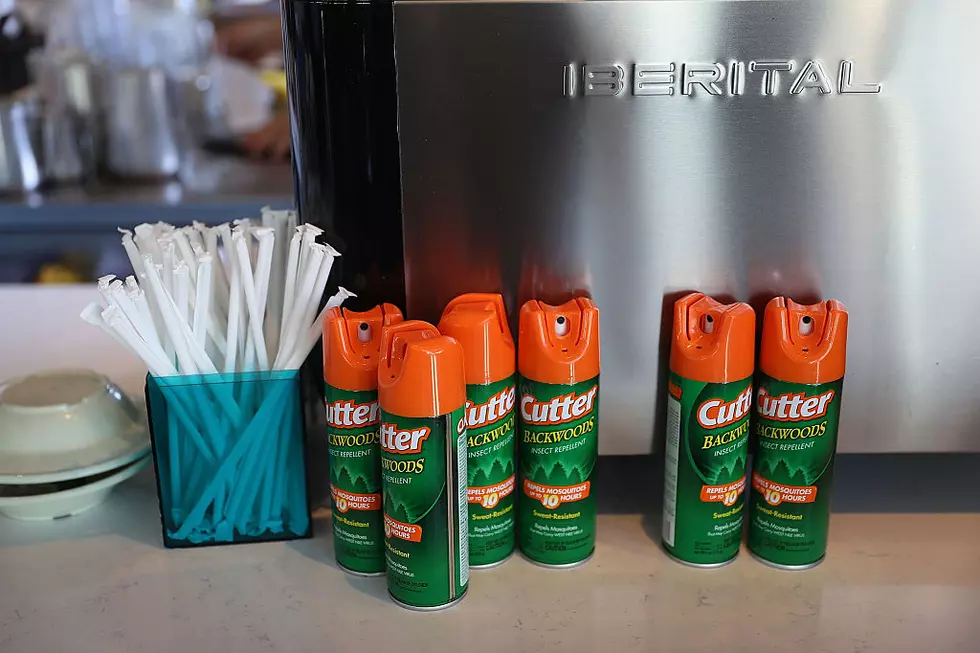
New Jersey’s secret weapon against Zika
As the New Jersey Department of Health continues its push to educate the public and the medical community about the threat to pregnant women posed by the Zika virus, the state Department of Environmental Protection is ramping up efforts to clamp down on Jersey’s mosquito population.
Experts believe the Aedes aegypti type of mosquito, usually associated with Zika transmission, may be in New Jersey, while a close relative, Aedes albopictus, is definitely here, and it has been known in the past to transmit the disease, which can cause severe birth defects.
“This year the county mosquito control agencies and the DEP are fighting with more intensity because of the potential Zika virus. We’re now stepping up our game right across the state and we’re working with those county agencies,” said NJ DEP Commissioner Bob Martin.
A big part of that effort involves using fish that eat mosquito eggs.
Martin saidin the past the DEP had raised a 100,000 to 150,000 mosquito larvae-eating fish every year, but this year, “given the potential challenges of mosquitoes, we decided to use and increase that number significantly."
"We’re going to be putting about 650 thousand mosquito larvae eating fish out there in the waters of the state of New Jersey and we’re working with each of the counties to do that," he said.
He explained getting the fish down to South Jersey alive in the past has been challenging, because the DEP hatchery is way up north in Hackettstown, and often the fish would not survive the trip. Special breeding tanks have been built at the Camden County Mosquito Control center to address that problem.
“These holding tanks in Camden County are ideal to be able to distribute more fish in the southern part of the state," he said.
He said the fish are “going in primarily small ponds and lakes all across the state, each of the counties identifies where there tends to be a lot more stagnant water. Fast-moving water usually does not present a problem situation where mosquitoes will be breeding. It’s when you get a lot of water that sits there, that’s where they’re hatching their eggs.”
Martin added besides using more mosquito larvae-eating fish, “We put an additional $500,000 in grants out to the counties for more mosquito controls, monitoring, identification, supplies.”
And they’re also handing out more than 20,000 dunk tablets that go into standing water.
“You can put these dunks in and they will kill off mosquito larvae in there,” he said. “And we’re also buying more traps for mosquitoes and getting those out to the counties, so they have a little bit more sophisticated traps to trap the mosquitoes, which we then can test the mosquitoes to understand what type of mosquitoes they are and what are they carrying.”
Martin said the bottom line is “we’ve got a full program going ahead to address the mosquito population. We’re pushing very hard to make sure we’re staying ahead of anything going on with Zika.”
More From New Jersey 101.5 FM









